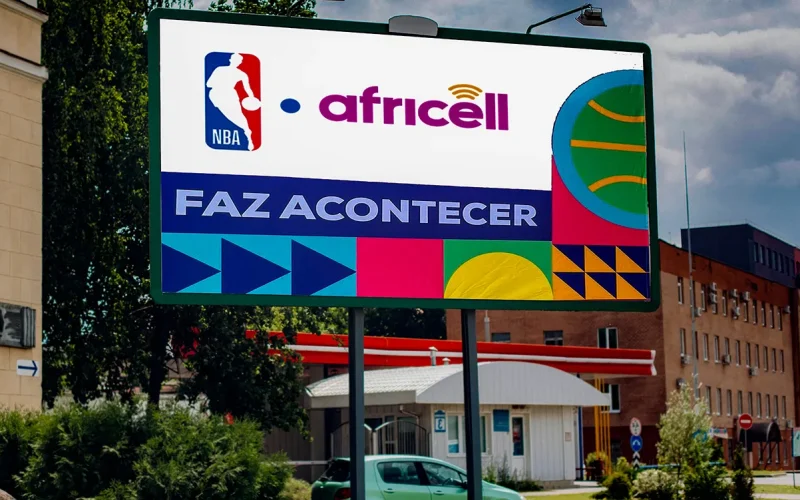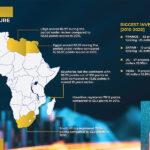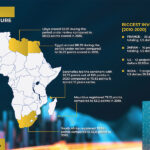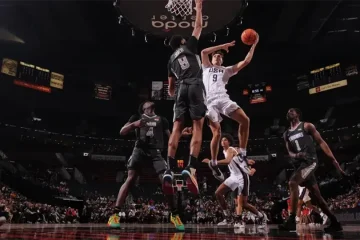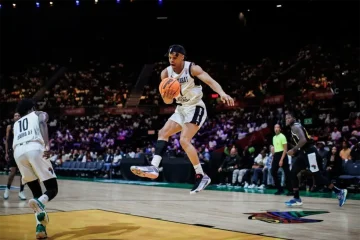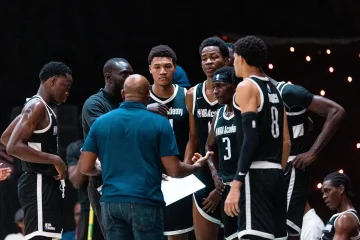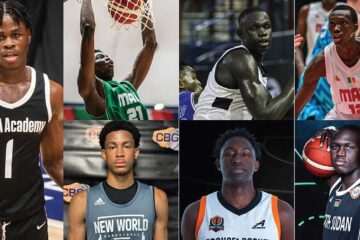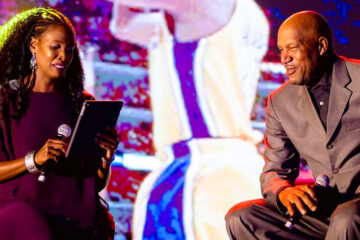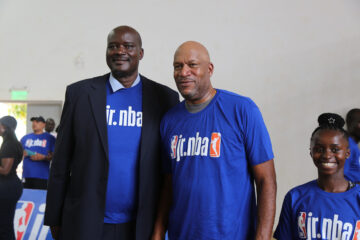THE recent unveiling of a new indoor basketball court by NBA Africa and Angolan telecoms company Africell is another example of how private sector partnerships are helping to fast-forward sports development across Africa, while governments are missing the opportunity, according to a Nigerian sports analyst.
Sports and entertainment expert Adedamilola Adedotun, lead sports strategist at The Temple in Nigeria, explained that partnerships with non-state entities in the sports sector are key to unleashing Africa’s sports potential.
“Sports infrastructure gaps would have been an ideal investment opportunity for governments to leverage to drive economic growth… what they lack, in my opinion, is the expertise and right partnerships to drive improvements in existing infrastructure,” the analyst said.
“It, therefore, behoves the private sector to lead the charge,” he added.
The court in Luanda will be run by the city and used to host Jr. NBA and other key events. It is a much-needed addition to sporting infrastructure in a country where basketball ranks highly, especially among the youth and will be part of a “multiyear collaboration to use basketball to benefit Angolan youth,” according to the NBA.
“This beautiful new court speaks to Angola’s rich basketball tradition and further builds on our youth development efforts across the continent,” said NBA Africa CEO Clare Akamanzi.
“Thanks to the support of Africell, more boys and girls in Luanda will be able to learn and play the game in a safe environment year-round.”
Angola has a rich basketball portfolio. The country has won 11 AfroBasket titles and participated in nine FIBA Basketball World Cups and five Olympic Games. Angola’s Petro de Luanda represents the country in the 2024 BAL this season, the fourth consecutive time it has done so.
“By making basketball more accessible to young Angolans, the partnership between Africell and NBA Africa is having a big impact,” said Africell Angola CEO Jorge Vazquez.
“Basketball is an important part of Angolan popular culture, and this new facility brings it into the reach of more potential players.”
Similar collaborative approaches have led to notable development of basketball infrastructure, for instance, in Nigeria, where NBA Africa and the Agence Française de Développement (AFD) refurbished a basketball court at the Campos Stadium in Lagos. The newly refurbished court was unveiled last September.
In South Sudan, Stanbic Bank, jointly with NBA Africa, unveiled a new basketball court at St. Mark’s Orthodox School in Muniki, Juba, last December, while in South Africa, a collaboration between NBA Africa and Whitaker Peace & Development Initiative’s founder and CEO, Forest Whitaker, led to the refurbishment of a basketball court at the Cornflower Sports Grounds in Cape Town.
Private non-profits such as the Giants of Africa Foundation (GOA) have also been vital in fueling the development of basketball infrastructure across the continent through the ‘Built Within Tour’, a campaign targeting to develop 100 basketball courts on the continent since 2021. The GOA website tracks about 28 courts in 10 countries.
Beyond investments leading to infrastructure developments, there is notable success in the advancement of surrounding systems, such as sponsorship of tournaments and exhibitions which will influence the growth of the ecosystem in the long term.
GOA, for instance, recently partnered with French filmmaker Kevin Couliau in hosting a photo exhibition highlighting the social and community impact of basketball on the continent. The exhibition included twenty-three photos documented over eight years, across eight countries.
In 2018, Africa’s sports market boasted a value of US$7 billion, a value projected by PwC to reach US$12 billion by 2027. Studies like management consultancy Oliver Wyman forecast a surge beyond US$20 billion by 2035.

